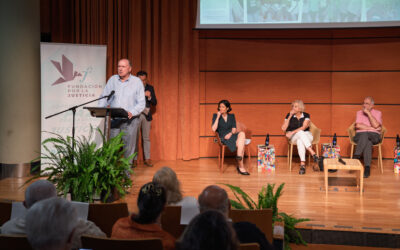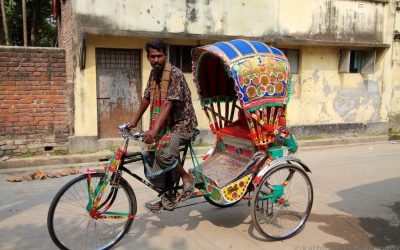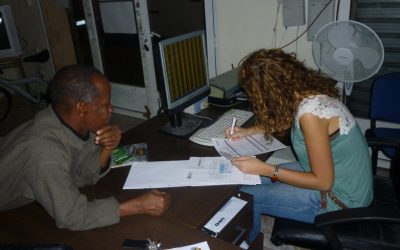Job placement
Labour rights are human rights, and the ability to exercise these rights in the workplace is essential for workers to enjoy a wide range of other rights, whether economic, social, cultural, political or otherwise.
This paragraph, taken from the UN Report of 20 October 2012 on labour rights, highlights the elements that characterise the right to work: On the one hand, it is a human right included in 1948 as a key element of the Universal Declaration of Human Rights and, on the other, it constitutes the basis for the realisation of many other rights. According to the Committee on Economic, Social and Cultural Rights, work has 3 dimensions: non-discrimination, physical accessibility and access to information, all of which are included both in the SDGs and, in one way or another, in the list of fundamental human rights.
LABOR INSERTION AS A RIGHT
This right applies to all citizens, regardless of their status or abilities.
For this reason, since its inception, Fundación por la Justicia has sought to launch various employment and self-employment projects aimed at strengthening its role as guarantor of the rights of all citizens with respect to access to work.
At a time when slogans such as "leave no one behind" resonate, it is essential to promote the employability of those groups that have greater difficulty entering the labour market, a circumstance that we could summarise in the following projects.
PROJECTS
30 years promoting rights, building opportunities: The Foundation for Justice celebrates its anniversary in Valencia
The Foundation for Justice celebrated its 30th anniversary on June 16th with an event at the Valencia Botanical Gardens that drew nearly 200 people. A day of gratitude, remembrance, and looking to the future, which highlighted three decades of defending human rights...
AGROSOLIDARIS
Leader Juan Alegre Definition of the project This solidarity organic farming project consists of two linked phases whose purpose is to enhance professional qualifications and facilitate the employability of people in situations of exclusion...
Bangladesh: "Get on the Rickshaw".
Through the microcredit project "Get on the Rickshaw", carried out in 2007 in Bangladesh, it contributed to reducing poverty in the most disadvantaged urban and rural areas, offering loans for the purchase of rickshaws for people at risk of exclusion....
Senegal: “Defense and Promotion of the rights of Albinos in the Tambacounda region”
Through the “Defense and Promotion of the rights of Albinos in the Tambacounda region” project, economic means were generated for groups at risk of exclusion in the Dakar area, by promoting self-employment with the creation of microenterprises...




